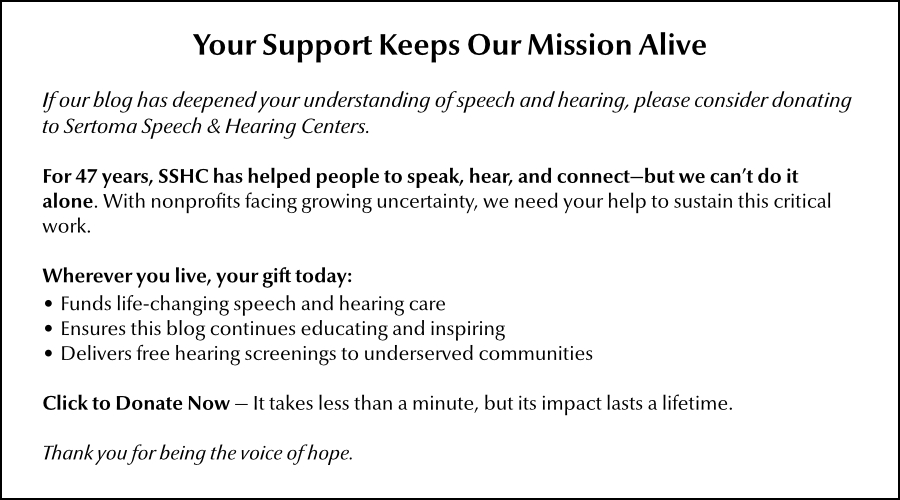Researchers in Brazil have developed simple speech and hearing tests that can detect primary progressive aphasia (PPA), a rare form of dementia, at an earlier stage. By identifying the condition sooner, doctors might be able to slow its progression and help patients maintain their communication abilities for a longer time.
Why it matters
PPA begins with small language problems, such as accidentally using the wrong word or mixing similar-sounding words. Because these early signs can be subtle, doctors often mistake PPA for Alzheimer's. Detecting PPA early is crucial because prompt treatment can help patients maintain their communication skills and potentially slow the condition's progression.
“The possibility of early and more accurate diagnosis is great news because the earlier treatment is started, the slower the progression of the disease tends to be. The earlier the rehabilitation, the greater the chance that the patient will be able to maintain their communication, speaking, reading and writing skills for longer. —Karin Zazo Ortiz, PhD, professor in the Department of Speech and Hearing Therapy, Federal University of São Paulo
By the numbers
-
87 people tested: 29 with PPA, 58 healthy.
-
22 tasks assessed: Patients struggled most with 16, including forming sentences, understanding speech, and writing.

A closer look
There are four types of PPA.
- Non-fluent: Struggles with grammar, like saying “I go store” instead of “I went to the store.”
- Semantic: Can’t grasp word meanings (e.g., confuses knife and cutter).
- Logopenic: Similar to Alzheimer’s, with pauses and sound errors in speech.
- Mixed: Symptoms overlap, making diagnosis tricky.
The takeaway
The Montreal-Toulouse test battery (MTL-BR) helps doctors spot language problems caused by PPA. Simplifying the test could help more people get checked faster. Researchers want to develop better ways to identify each specific type of PPA.
Bottom line: If you notice persistent word mix-ups or speech difficulties, consult a speech-language pathologist. Catching communication changes early helps manage the condition better.
Concerned about a speech problem?
A screening with a speech-language pathologist will help you understand:
- Your current speech challenge
- Ways to prevent communication barriers
- Staying engaged with loved ones
- Maintaining your quality of life
★ Call 708-599-9500 to schedule your free screening.
★ For facts about speech-language pathology and treatment options, grab your copy of The Consumer's Guide to Speech-Language Pathology.
★ Sign up for our newsletter for the latest on Hearing aids, dementia triggered by hearing loss, pediatric speech and hearing, speech-language therapies, Parkinson's Voice therapies, and occupational-hearing conservation. We publish our newsletter eight times a year.
Don't let speech challenges spoil your enjoyment of life.


